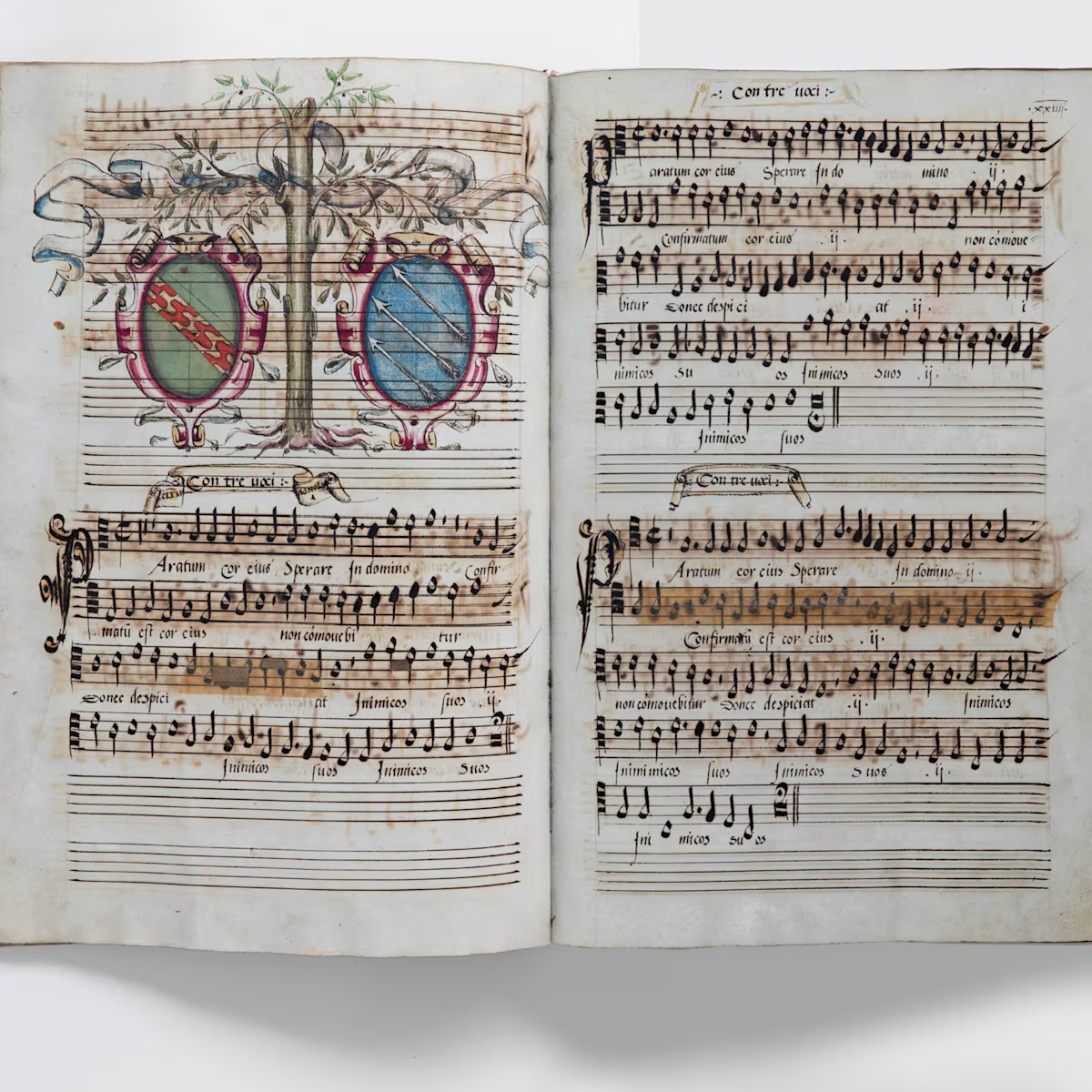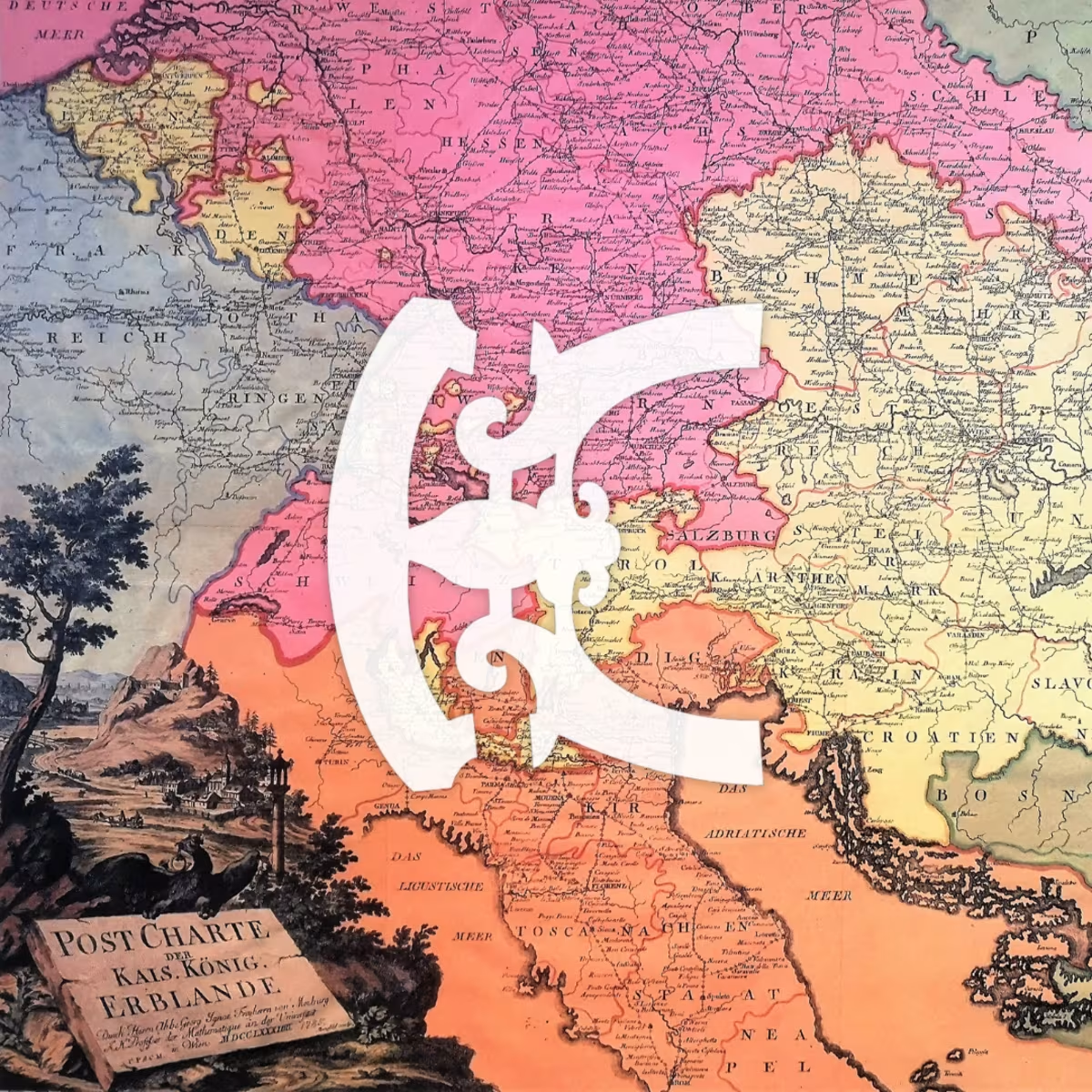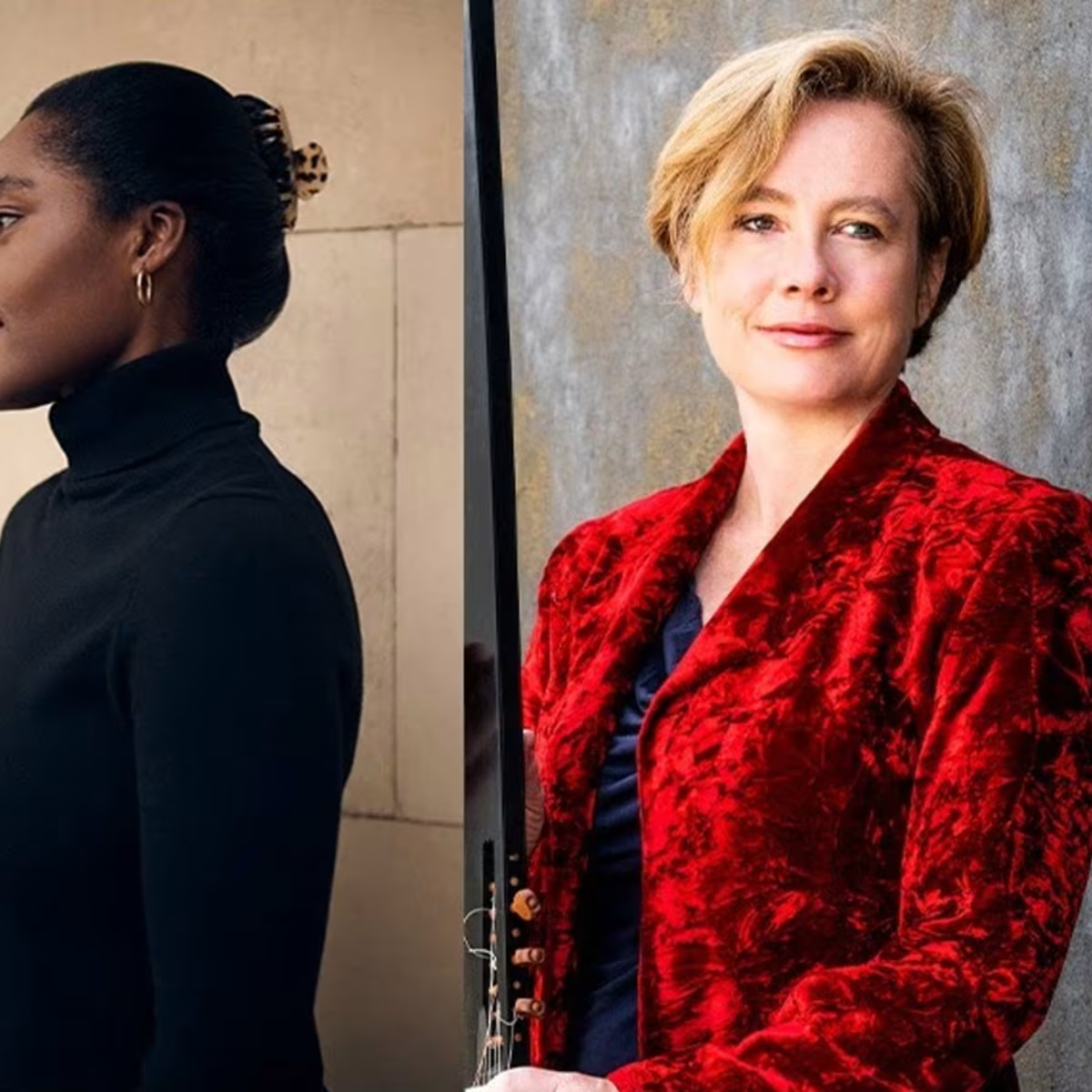Spotlight
In conversation: Tom Mungall
Continuo Connect meets producer, engineer, and filmmaker Tom Mungall
Share this

FIRST PUBLISHED 12 FEB 2024
Chances are, you haven’t noticed him before, but Tom has likely already influenced your listening experience! Based in London and working across the UK, Tom is a classical music producer, engineer, and filmmaker. His films are frequently shared and broadcast by Classic FM & Gramophone Magazine, and his audio work can be found on the Hyperion, Decca and CRD record labels. Tom regularly collaborates with the VOCES8 Foundation, the Royal College of Music and the Oxford Bach Soloists and he’s had the privilege of developing projects with outstanding musicians including The King’s Singers, the Academy of Ancient Music and the London Haydn Quartet. With a profound knowledge of classical music recording and a sensitive approach to both the music and the artists, Tom is well known on the Early Music circuit for his attention to detail and approachable manner.
What is your earliest musical memory?
I remember running around as a toddler to my dad's jazz piano playing, especially New Orleans blues piano with artists like Professor Longhair, Dr John, and Allen Toussaint.
What made you decide to become a Tonmeister?
As a young teenager, a sound recording student called Alex reached out to record some pop music I had written. We spent a couple of weeks and some very late nights working in the studios at Surrey University. I think what I noticed first was how skilled the musicians there were - particularly at improvising. Many of these musicians were studying the recording course there and I found that totally inspiring.
What kickstarted your career (apart from hard work, of course)?
I graduated right at the start of the pandemic - so my career started pretty messily! After five months of no work, engineer David Hinitt (now a close friend!) called me at 9 pm, asking, 'Can you be here at 9 am tomorrow?' Needless to say, I could be! The work seemed to snowball after that. It’s important to mention that many of the sessions I was first booked on were Continuo-funded! I have particularly fond memories of Ensemble Hesperi’s 'Caledonia to the Capital,' supported by the first round of grants. It was one of the first concert films I had the privilege of directing, and I consider it one of the films that solidifies the style I follow when facing a similar genre. Without the support provided by Continuo Foundation, I doubt I would have had enough work to kickstart my career during the pandemic.

We seem to bump into you wherever we are on the Early Music circuit. How did you get into the HIP scene?
It's easy to get hooked on the nuances of Historical Performance, and once you're in, you can’t escape! I was quite interested in harmony as a teenager - I suppose it’s the kind of maths/music blend that you’d expect a sound engineer to be into. I think that’s where the interest came from initially, but after a while, you just grow to love gut strings!
Could you describe in a few words what’s so special about HIP/Early Music concerts?
The obvious allure is the sound world - with gut strings, harpsichords, and baroque instruments - but for me, it’s the thoughtful programming that attracts me to a project. It’s great to go to a concert and come away with a story - and that’s doubly true when you’re recording it since you’re going to hear the whole concert many, many times! It's precisely this that the Continuo Foundation champions so well, providing freedom to create compelling and interesting programs.
What will someone living 400 years from now think about “Early” Music?
It’s a challenging question! Despite claims of its decline, We’ve seen many revivals of early music, from the creation of the Academy of Ancient Music in the 1720s and the rediscovery of Bach in the 1820s, to the current movement which has only been growing since the ‘70s. I disagree with those who say 'classical music is dying.' I regularly see young people at early music concerts and new faces through the doors all the time. I suppose part of that is the Early Music courses at the conservatoires bringing the concept of HIP to that young musical audience, but I think experience-driven concerts play a big part in it too. For now, it’s important that we continue to engage with modern mediums (and push ourselves to use social media!) but I think if we continue on the path we are on then early music will be flourishing in 400 years, although maybe it’ll mean something quite different to what we mean by it today.
Do you have a favourite UK venue for Early Music or a favourite venue for live recording? And why?
It depends on the repertoire! Early Music covers such a broad range of genres, so it’s important to choose based on what’s being played. Having said that, the battle is often whether or not to go within London and deal with the traffic noise and interruptions, or go further out and deal with travel troubles… Either way, if there’s a kitchen and a kettle, we’re normally pretty comfortable wherever we end up.
What do you think makes your approach distinct, or special?
It’s not just me per se, but I think it’s really important for a musician to find an engineer who understands the sound world they’re looking for, understands the musical nuances of the project and approaches the recording process from a musical standpoint rather than just a technical one. While there are many fantastic engineers excelling in the audio-only realm, the combination with video is less common. I’d love to have more colleagues join me on that front. If I could hope for any kind of legacy, it would be to make top-quality media creation affordable for the early music world, and in doing so bring that world to a much larger audience.

Ever had an outrageous demand you could not or would not fulfil? (in regards to venue, set up, time scale, etc?)
Ha! People often underestimate the time needed to set up a recording session in a new venue. It involves essentially building a full recording studio from scratch. Quite often we have bookings come in with a pre-planned schedule, where there’s a get-in time of only 30 minutes - 1 hour! It’s a difficult thing to navigate, but I prefer allowing 1:30 to 2 hours for setup. This ensures we're ready to roll smoothly and can address any unexpected issues, like heating noise or complicated parking situations. Of course it costs a bit more in terms of venue hire, but at least you start the sessions on a calm and comfortable footing (which goes a long way for the result, in my experience).
Who is your favourite composer, and why?
While it's challenging to pick one favourite, I have some staples from different periods that I couldn’t go without! Byrd's vocal music holds a special place, and for larger-scale works, I love J.S. Bach, Purcell, and Handel. For chamber music, I love the quartets by Haydn or Mendelssohn. I’ve recently been enjoying later French vocal repertoire which is really exciting and great fun to record, like Ravel, Debussy & Duruflé, the latter of whom wrote some mind-blowing music for organ. Czerny is a recent find, and a hidden gem, whose astounding string quartets are coming out of hiding thanks to the Consone Quartet. Yes, despite the piano studies.
What do you think makes a classical music video or album interesting?
I really believe in mixed-style programmes! I think finding meaningful threads between different styles of music is very provocative, and also provides a space for new audiences to experience classical music in a new way. Ensemble O/Modernt are a great example of this, alongside the likes of mandolinist Chris Thile & the Punch Brothers putting Bach, Radiohead and bluegrass music in the same programme. We’re currently working on the Echo Vocal Ensemble debut album, which is an exciting demonstration of how effective this can be.
Tom Mungall can be found online and on Instagram as @tommungall
Share this
Keep reading

Sisters of polyphony
Laurie Stras uncovers the stories behind the extraordinary Biffoli–Sostegni manuscript, and traces the lives of the nuns who sang from it.

Playlist: Mozart’s Travels
In celebration of Mozart's 270th birthday on 27th January, we trace his travels across Europe throughout his life.

Nardus Williams & Elizabeth Kenny: The Four Humours | Wigmore Hall
The celebrated duo dive headlong into the world of the Four Humours, physical properties believed to govern human behaviour from ancient times until the 1850s.

